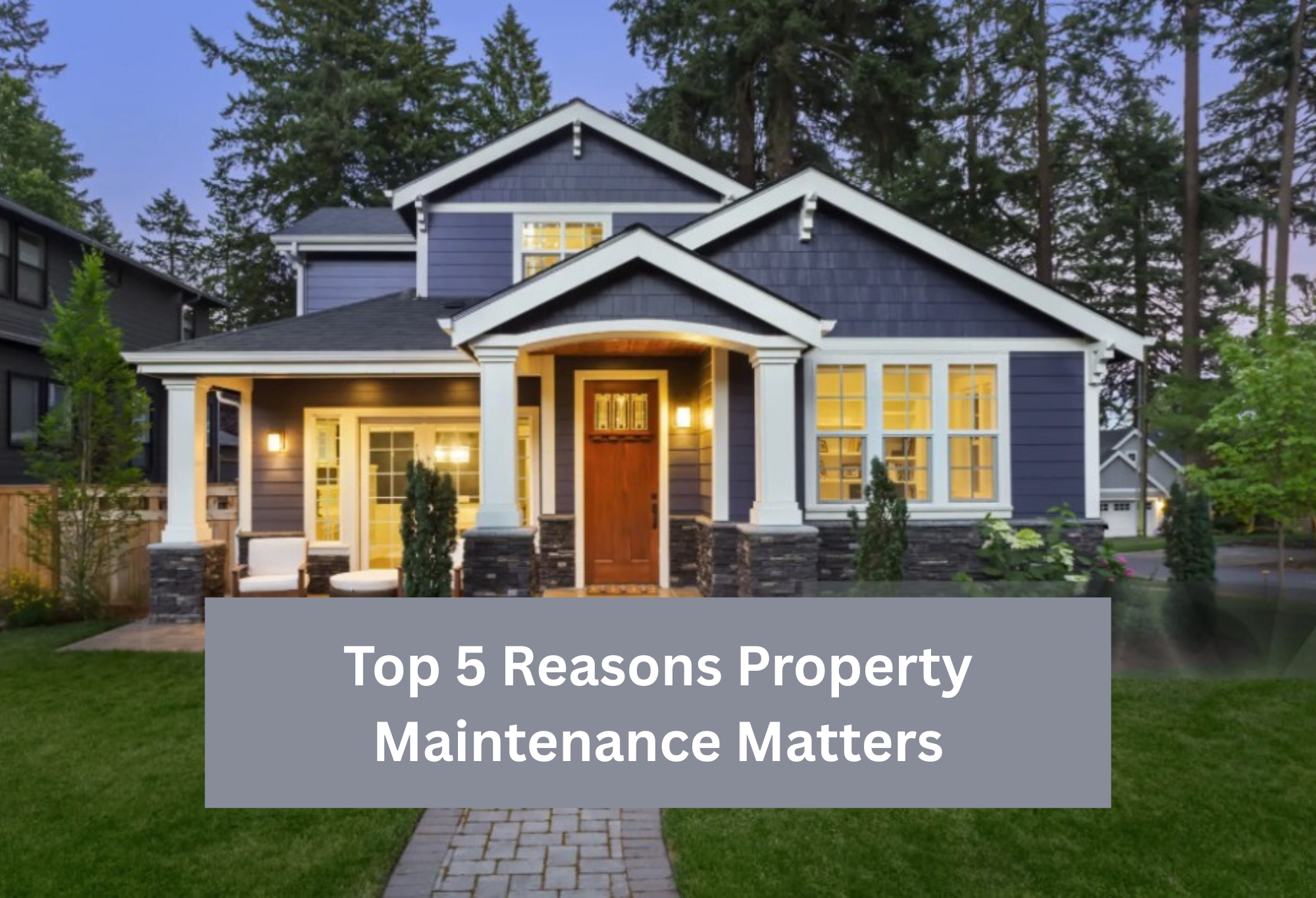Regular property maintenance is one of the smartest investments you can make as a landlord. It protects your rental, keeps tenants satisfied, reduces costly surprises, and helps you maintain steady rental income. Below we’ll cover why maintenance matters, who is responsible for what, and provide a practical checklist you can use year-round.
🏠 Why Maintenance Matters
Protects your investment – Appliances, roofing, plumbing, and HVAC systems last longer with consistent care.
Prevents costly repairs – Fixing small leaks or cracks now avoids big structural issues later.
Boosts tenant satisfaction – Well-kept homes attract better tenants and encourage longer leases.
Keeps you compliant – Staying up to code with safety devices and local regulations protects you legally.
Improves marketability – A well-maintained property shows better, rents faster, and commands higher rates.
👥 Landlord vs. Tenant Responsibilities
Clear expectations prevent conflict.
Landlords are typically responsible for:
Structural elements (roof, foundation, walls)
Major systems (plumbing, electrical, heating, cooling)
Safety devices (smoke alarms, carbon monoxide detectors)
Providing essential services (running water, heat, sanitation)
Tenants are typically responsible for:
Keeping the unit clean and sanitary
Proper trash disposal
Reporting needed repairs promptly
Not disabling safety devices
Respecting lease terms and occupancy rules
✅ Maintenance Checklist
Monthly / Bi-Monthly:
Test smoke & CO detectors
Replace HVAC filters
Check for leaks in kitchens & bathrooms
Inspect water heater & GFCI outlets
Quarterly / Seasonal:
Clear gutters & downspouts
Trim trees/landscaping
Service HVAC & check window seals
Clean dryer vents
Biannual:
Deep clean carpets/flooring
Inspect appliances & exterior siding
Check windows, locks, and screens
Annual:
Full safety inspection (fire extinguishers, alarms)
Professional HVAC & plumbing inspection
Check electrical panel & foundation
Touch up interior/exterior paint
Review insurance & lease terms
🛠️ Tips for Easy Maintenance
Create a digital calendar with recurring tasks.
Schedule regular property inspections.
Keep a list of trusted vendors (plumbing, HVAC, electrical).
Budget 5–10% of rental income for ongoing maintenance.
Encourage tenants to report small issues early.
🌦️ Seasonal Plan
Spring: Roof & gutter cleaning, landscaping prep, HVAC service.
Summer: Exterior paint/touch-ups, pest control, plumbing check.
Fall: Heating inspection, pipe insulation, storm drain cleaning.
Winter: Monitor heating, seal windows, test smoke/CO detectors.
📌 Conclusion / CTA
Maintaining your rental property isn’t just about fixing things when they break—it’s about preventing issues, keeping tenants happy, and protecting your bottom line.
👉 Want a stress-free way to keep your property in top shape? Simply Home Realty handles everything from inspections and repairs to tenant relations and financial reporting.
📞 Contact us today to learn how we can simplify property management for you in Thurston & Pierce Counties.


